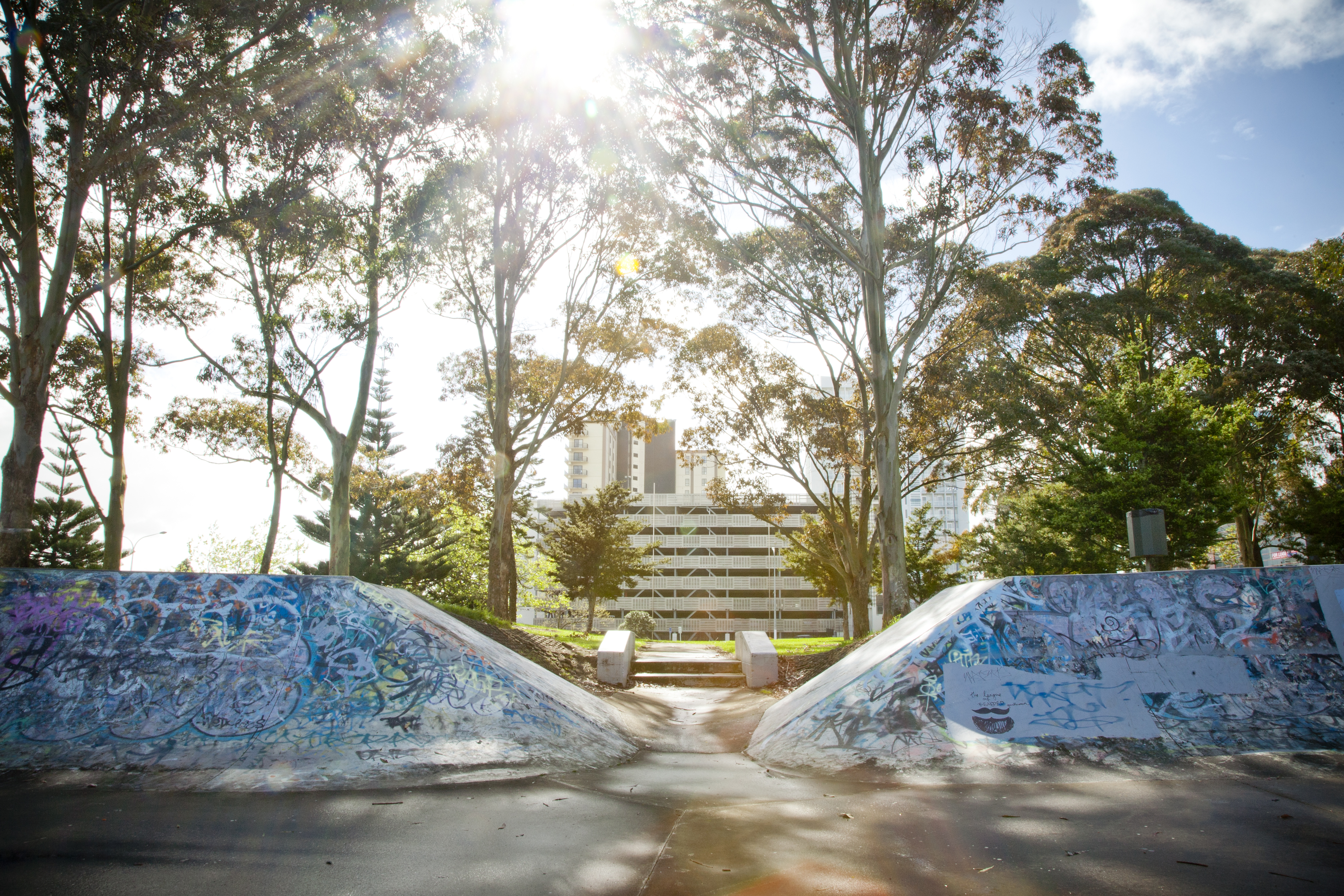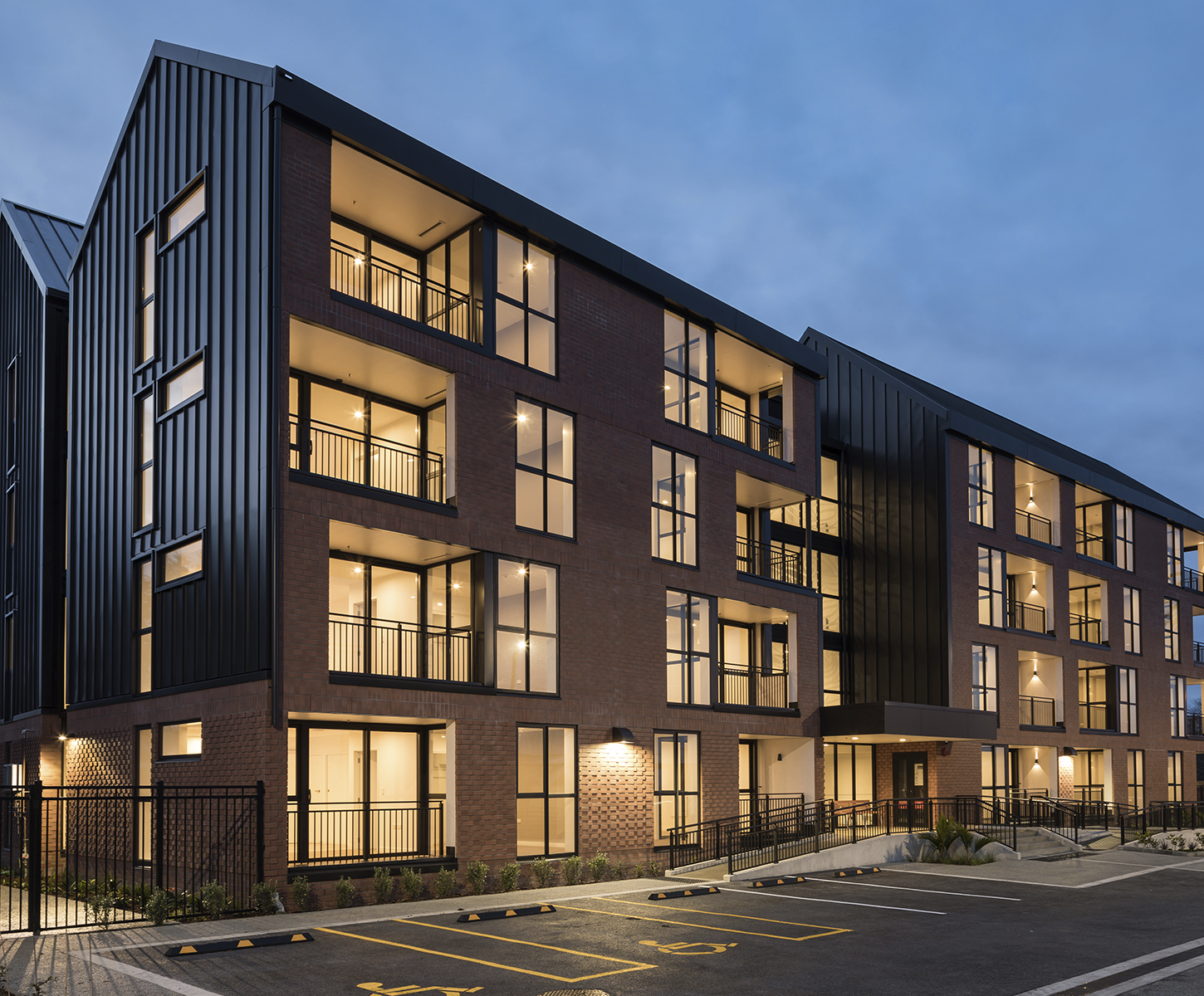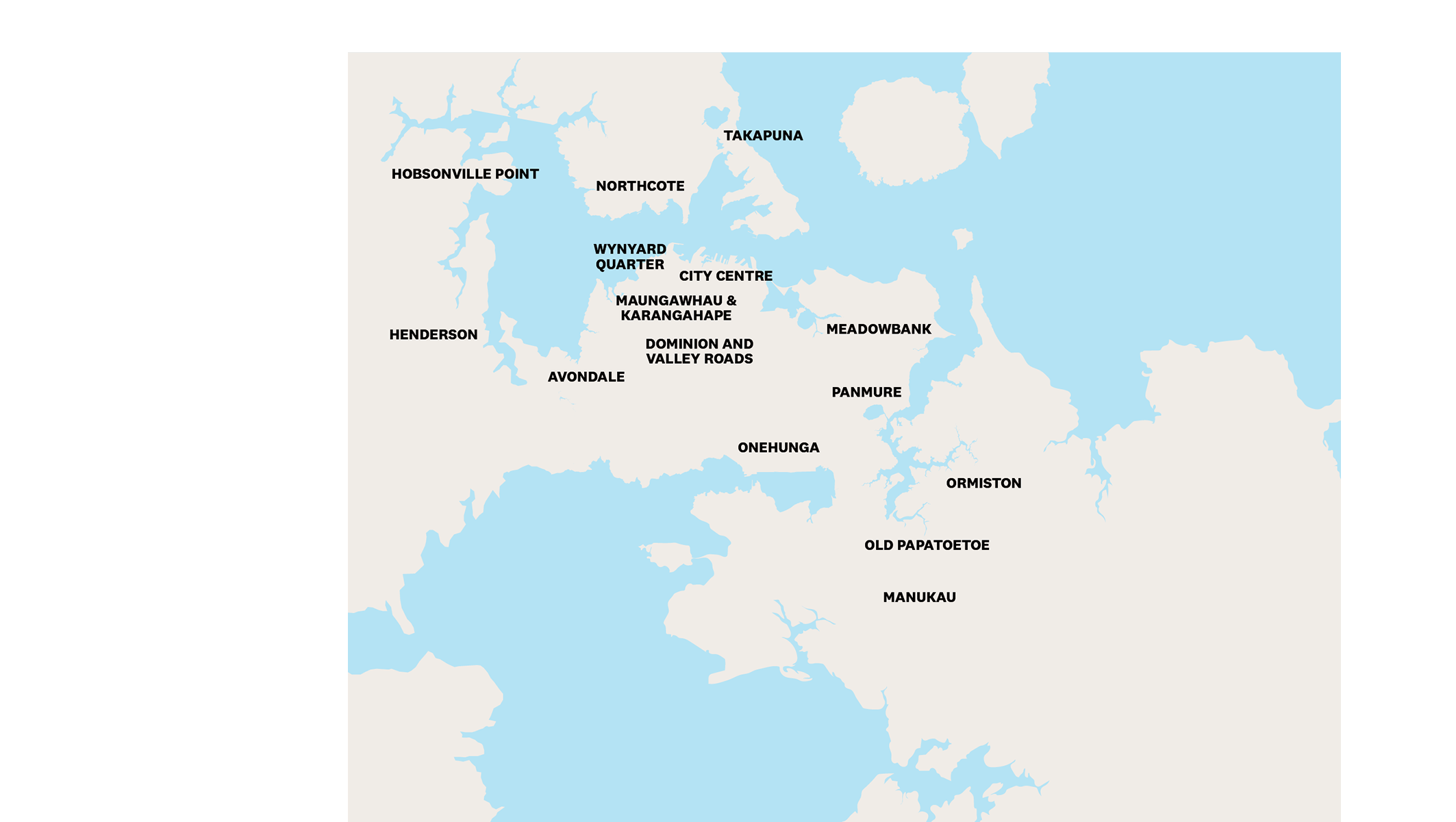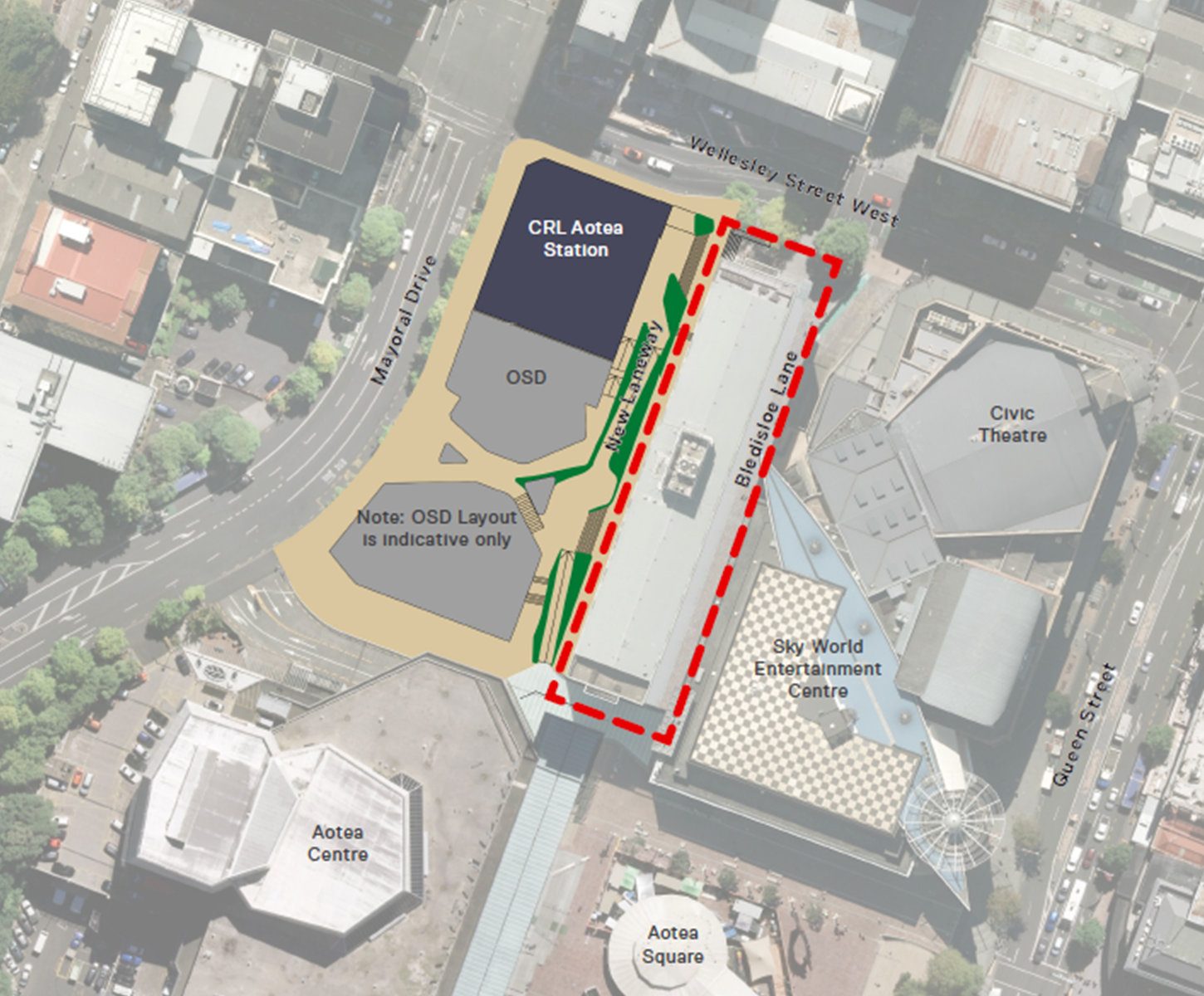Ā mātou mahi What we do
We work in many locations across Tāmaki Makaurau to deliver urban regeneration.
Urban regeneration is planning for and investing in neighbourhoods to strengthen communities and their economies in order to make them even better places to live.


Urban regeneration
Urban regeneration revitalises urban areas to enhance their communities’ economic, social, cultural, and environmental wellbeing.
Eke Panuku centres its urban regeneration around council property that is no longer required to deliver council services. These properties are transformed through development agreements with partners to create a mix of sustainable homes, commercial premises and public amenities. Wherever practical, designs promote public transport, walking and cycling.
By incorporating vibrant public spaces and community facilities into these developments, Eke Panuku fosters social interactions, economic development, community cohesion, and improved health.
We collaborate with mana whenua to integrate cultural elements, reinforcing local identity and supporting arts and culture.
Revenue from property sales helps fund community amenities in the regeneration location, or is returned to Auckland Council to reduce rates.

Our development partners
We don’t build on land directly - instead, we work with others such as government, iwi, not-for-profit organisations and private companies.
We provide our development partners with a strict set of rules, including specifications for buildings so that all new homes are healthy, energy efficient and better for the environment.
That’s why we insist on Homestar 6 rated homes in our locations.

Property management
Our portfolio role includes managing more than 1,100 council properties that are not currently being used to deliver services to the community.
We work closely with the council group to develop shared objectives for the management of these properties, which include commercial, retail and residential properties, landfills, quarries and forestry. We also manage and operate the three council-owned marinas in the city centre.
Some properties are leased and held for future transport or infrastructure projects such as the Eastern Busway. Others are surplus to council requirements and are awaiting sale. Some sites, such as the Northcote town centre, will be developed in the medium term to support urban regeneration. Some properties are also held for heritage protection.
The properties are located across the region.

& property sales
Council owns properties which vary in quality.
In partnership with Auckland Council, we continuously review its property portfolio. This includes recognising when properties may no longer be required.
Once council identifies that a property no longer needed for its current purpose, we go through a robust, multi-stage process to assess if the council may need it for another purpose, now or in the future.
This involves working with Auckland Council including local boards, mana whenua groups and the Independent Māori Statutory Board.
If it’s decided that it is no longer needed, then it is proposed to the council committee that it could be sold.
All sales must be approved by Auckland Council.
Once approved for sale, a property may be offered back to its former owner, sold to a neighbour or sold on the open market.
In certain cases we set conditions on the sale to ensure a good outcome for the community, for example that houses must be built.
We sell properties in our urban regeneration locations in a different way. Here we select a development partner and provide them with a set of rules, including creating buildings that benefit neighbourhoods and guaranteeing all homes are healthy, energy efficient and better for the environment.
Click here to see properties for sale or lease.
Connections podcast
In this podcast, we talk about the importance of ‘connections’, with Niko Elsen – Principal Urban Designer, Master Planning, and Roxanne Haines - Principal Strategic Placemaker.
We discuss why quality connections are core to Eke Panuku and more importantly how they connect people to their town centres.
